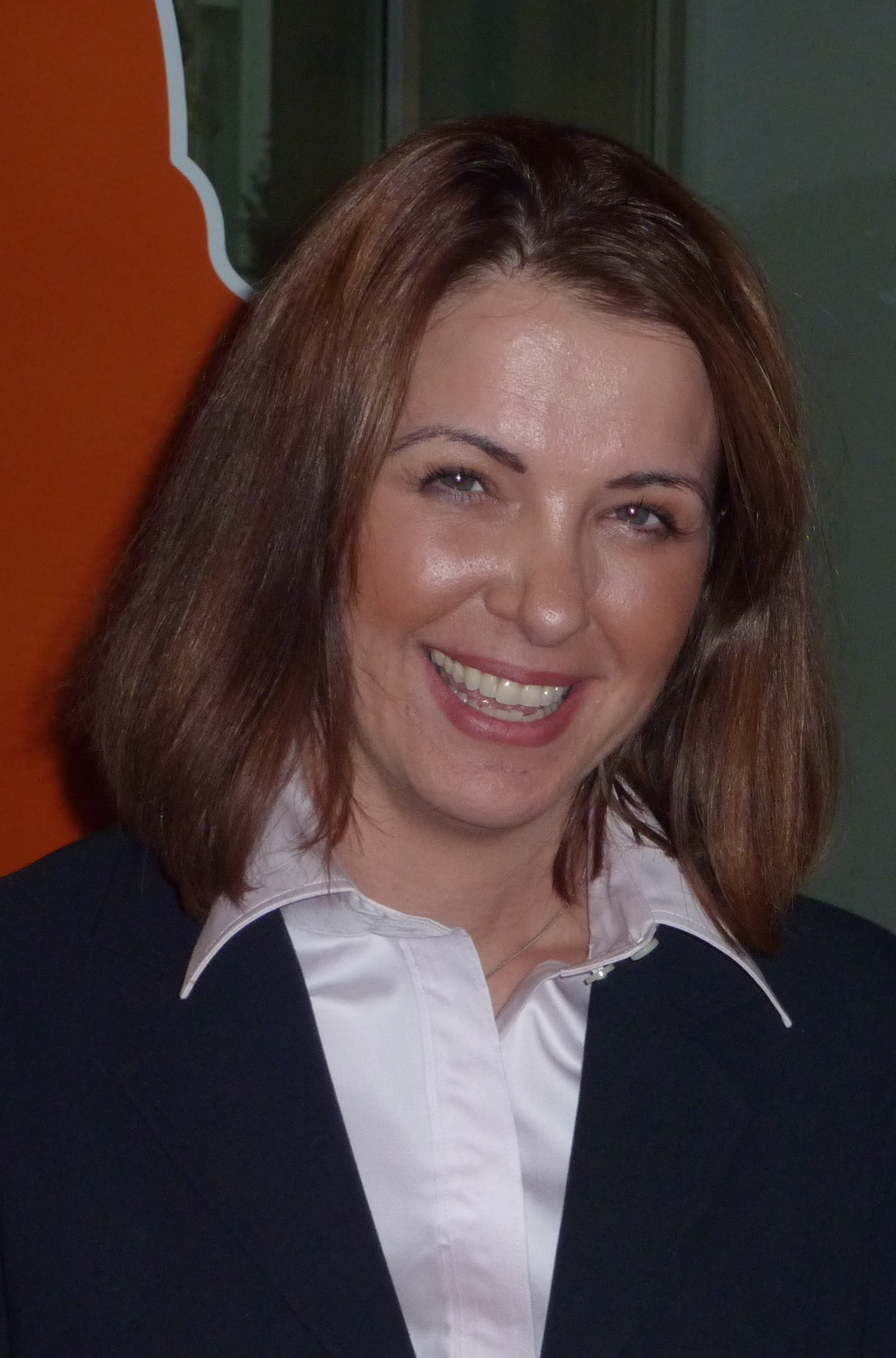The Wildrose Alliance is the party of untrammeled free enterprise, right? Dog eats dog. Big shark swallows little shark. Government has “no business picking winners and losers.” (How many times have we heard that one, eh?) It’s just better that way, they promise…
So what was Wildrose Alliance Leader Danielle Smith doing yesterday demanding that the Alberta government pick winners and losers?
At the very least, it came as a mild surprise to hear the Alliance urging that the government not merely pick a full-blown loser, but that it stand it up, brush the dust of its coat, stuff its pockets full of taxpayer dough and send it back to work with a smile on its face.
But there they were, the party with the quaint religious faith in the godlike powers of the market, the party that repeats like a mantra the dubious claim governments have no business picking winners and losers, demanding that Alberta Health Services reverse its decision to stop doing business with the bankrupt private-sector surgical clinic called Networc Health Inc., a company so badly run it even misplaced the ‘k’ in its name!
There’s a word for what Smith is proposing, and the word is “bailout.” Taxpayer. Supported. Bailout.
Not that bailouts are always a bad idea. Something that governments have to do — and opposition parties of both the right and the left have the luxury of ignoring — is to govern. So the idea of picking winners and losers, or at least distinguishing between them, while much disparaged by market fundamentalists like Smith, is in fact part of any competent government’s job description, notwithstanding the largely fictional benefits of an unregulated market.
But Networc Health is no General Motors, a corporation that upholds the economy in many parts of North America and still employs tens of thousands of taxpaying working people. Nor is it a winner that just needs a gentle little push from the government to become an international marketing sensation.
The fact is, Networc was a company set up to enrich its investors by delivering health care services that are provided more efficiently and less expensively by public employees in public facilities. Moreover, doing business as “the Health Resource Centre” in a former Salvation Army women’s hospital in Calgary, it was encouraged by the leaders of the now-defunct Calgary Health Region as the first wave of privatization, a stiletto to be driven into the heart of public health care.
Then its proprietors made a bad business decision, planning a $65-million expansion in the hope Alberta Health Services would increase the number of surgeries it was contracted to carry out. When that didn’t happen, it spiralled into bankruptcy.
The result left Alberta Health Services in serious doubt as to whether it could deliver scheduled surgical services in the Calgary region. AHS had to ask the courts to appoint a receiver and spend nearly $3 million of taxpayer money just to keep the insolvent private hospital afloat while it came up with an alternative way to deliver the surgeries.
This is a situation that never would have happened if the Calgary Health Region, and later AHS, hadn’t been fooling around with privatizing and contracting out to unstable for-profit companies health services that belong in the public sector.
Now, lots of criticism has been aimed at Alberta Health Services CEO Stephen Duckett in this space, but one thing he did right was to decide to move these vital public surgical services right back into the public sector, where they belong and where they should remain.
Which was the point at which Smith and the Wildrose Alliance waltzed into the picture.
“Networc Health has clearly demonstrated that it is able to provide publicly funded hip and knee replacements faster and more affordably than those conducted in Alberta’s public hospitals,” said Smith’s news release.
This claim, for which Smith offered no evidence, is highly debatable. We know that in 2004, the hip and knee surgeries done by Networc cost an average 10 per cent more than the same surgeries done in public facilities — $8,690 each, compared with $7,900.
Then Smith, astonishingly, went on: “With a shortage of health infrastructure and professionals in our province, it makes no sense for the government to put these world class physicians out of business.” Please! So now it’s the government’s fault? If these profit-driven docs want to make a contribution, let them practice in the public system. They would still earn a tidy sum.
But this isn’t really about making tidy sums, is it? It’s about corporations turning huge profits at the expense of sick people, and turning our public health care system into an inefficient, market-driven abomination like the well-known catastrophe south of the Medicine Line.
Networc had become a poster child for the growing realization in Alberta that private sector risk doesn’t belong in a public health care system.
Never mind the Wildrose Alliance’s artfully nuanced support for public health. It is the party most committed to bringing profit-driven activities to public health care. This may well explain its enthusiasm for using taxpayers’ dollars to sweep this embarrassment out of sight.
The Wildrose Alliance news release begs the question: If the market’s so great, what’s wrong with the market.
But between the lines, the important message for Alberta voters is this: Despite its rhetoric, the Wildrose Alliance will do whatever it takes — even waste your hard-earned tax dollars — to privatize health care.
This post also appears on David Climenhaga’s blog, Alberta Diary.




